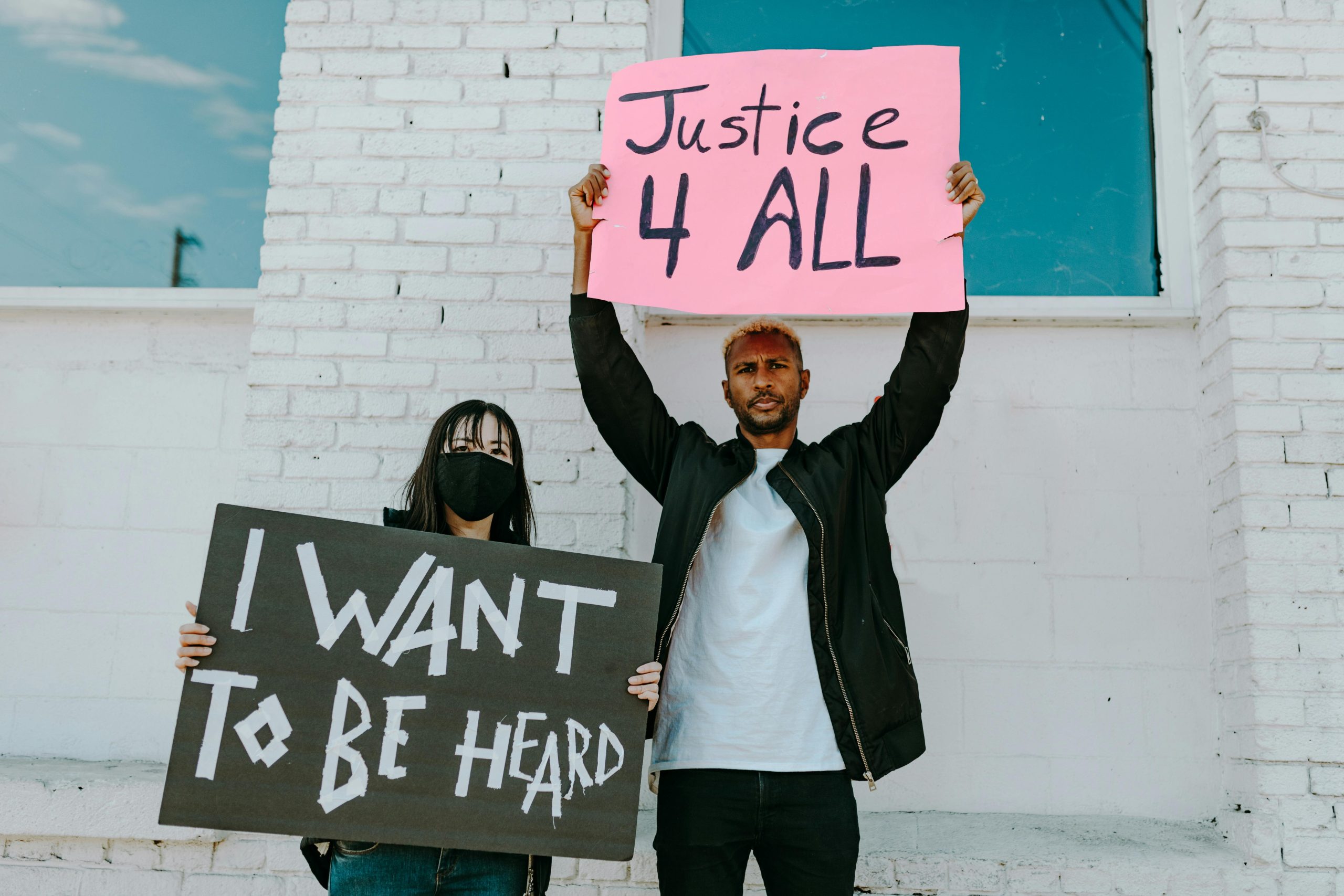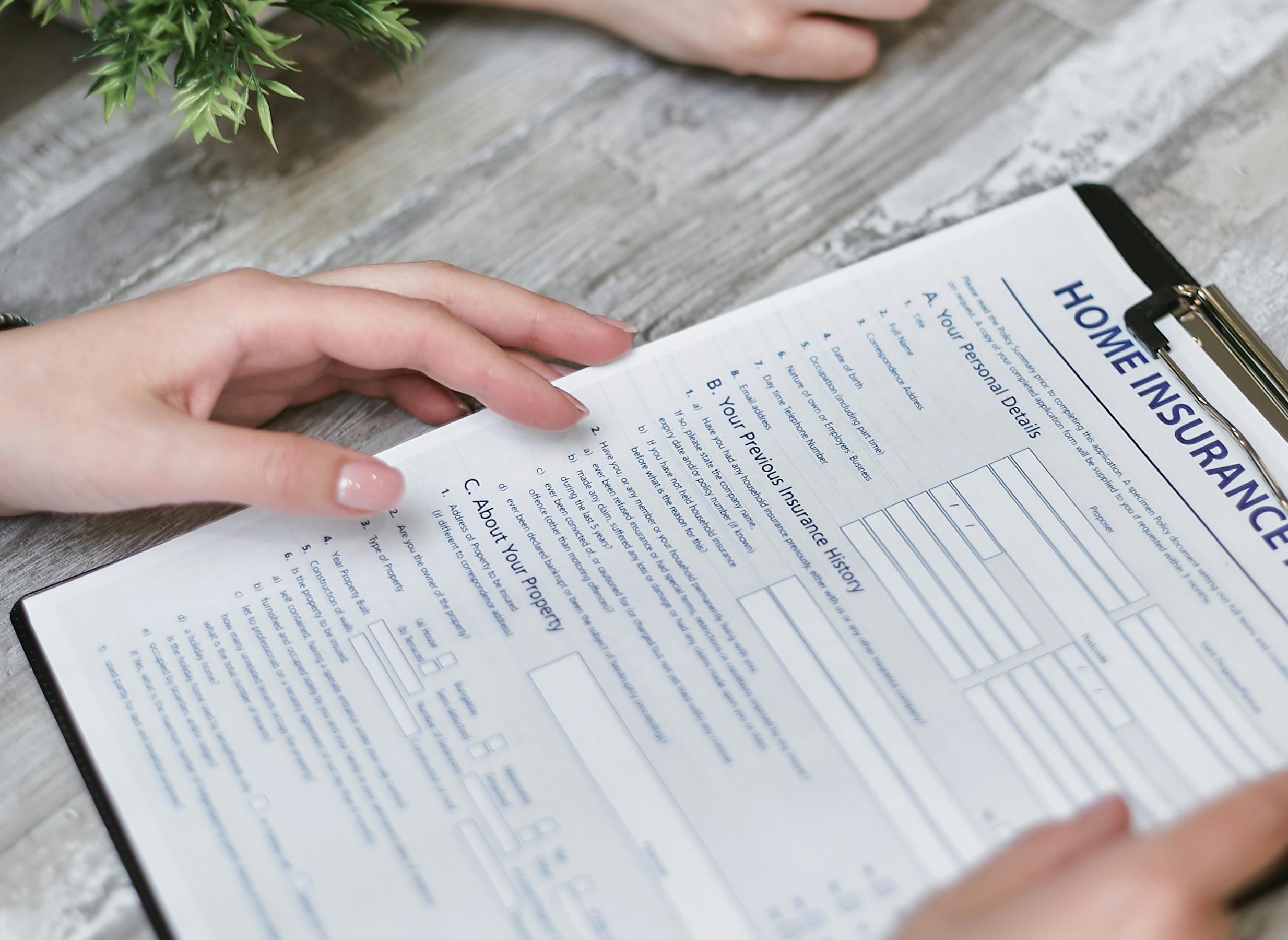Understanding Your Rights After a Car Accident: What to Do When Insurance Offers New Options
Facing the aftermath of a car accident can be overwhelming, especially when dealing with insurance claims and legal procedures. If you recently received news that your insurance company will no longer pursue recovery against a liable third party and has authorized you to seek reimbursement for your deductible, it’s normal to feel uncertain about the next steps. Here’s a comprehensive guide to help you navigate this situation professionally and confidently.
Background of the Incident
Last year, I was involved in a highway collision where another driver caused the crash by merging negligently into my lane. As a result, my vehicle was totaled after being pushed into a highway barrier. The responsible party was clearly at fault, as confirmed by the police report. However, complicating matters, the initial police documentation mistakenly listed the other driver as the victim and me as the responsible party, which delayed the claims process. Despite promptly correcting this report, the insurance companies involved continued to reference the incorrect version, adding layers of frustration and paperwork challenges.
Recent Developments from Insurance
Recently, I received an email from my insurance provider stating that, under Texas Insurance Code Section 542.204, they will not pursue further collection efforts against the liable third party. Instead, they have authorized me to initiate legal action myself to recover my deductible. The notice also emphasizes that any such action must be filed within two years of the accident date, aligning with Texas’s statute of limitations on negligence claims involving property damage.
Key Considerations and Next Steps
- Assessing the Situation
- The insurance company’s decision signals that they are no longer actively pursuing subrogation. This creates an opportunity for you to seek reimbursement independently.
-
However, the process involves legal procedures that may seem complex, especially if you are unfamiliar with the system.
-
Legal Consultation
- Consulting a legal professional can clarify your options, especially regarding small claims court or other legal avenues for recovering your deductible.
-
Seek affordable or free legal advice through local legal aid organizations, consumer protection agencies, or online legal services. Many communities offer free consultations for individuals in financial hardship.
-
Gathering Documentation
- Collect all relevant documents: police reports, insurance correspondence, photos of the accident scene, and any communication with the insurance companies.
-
Ensure that your records reflect the corrected police report, confirming the responsible driver’s fault.
-
Filing a Claim



